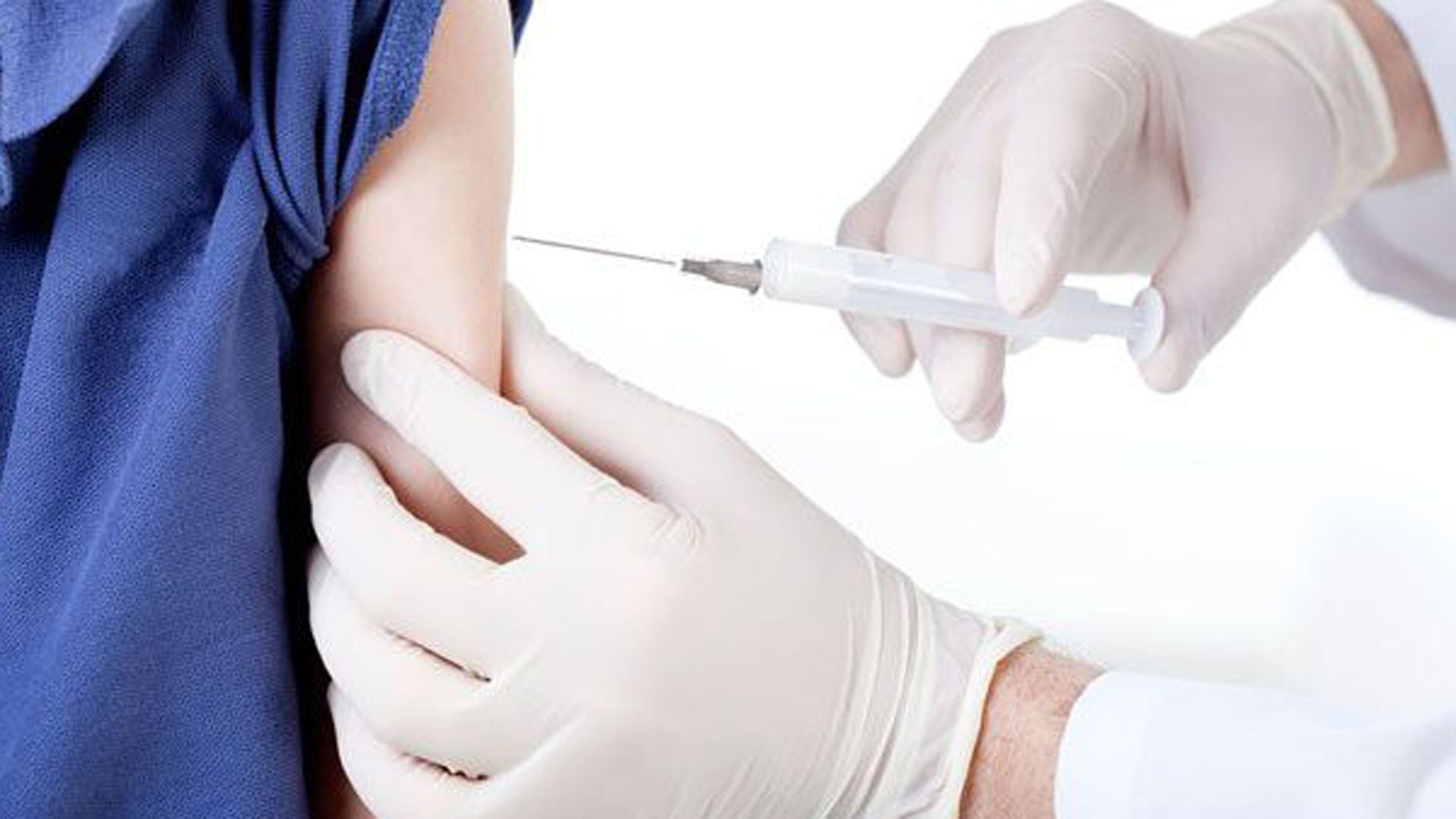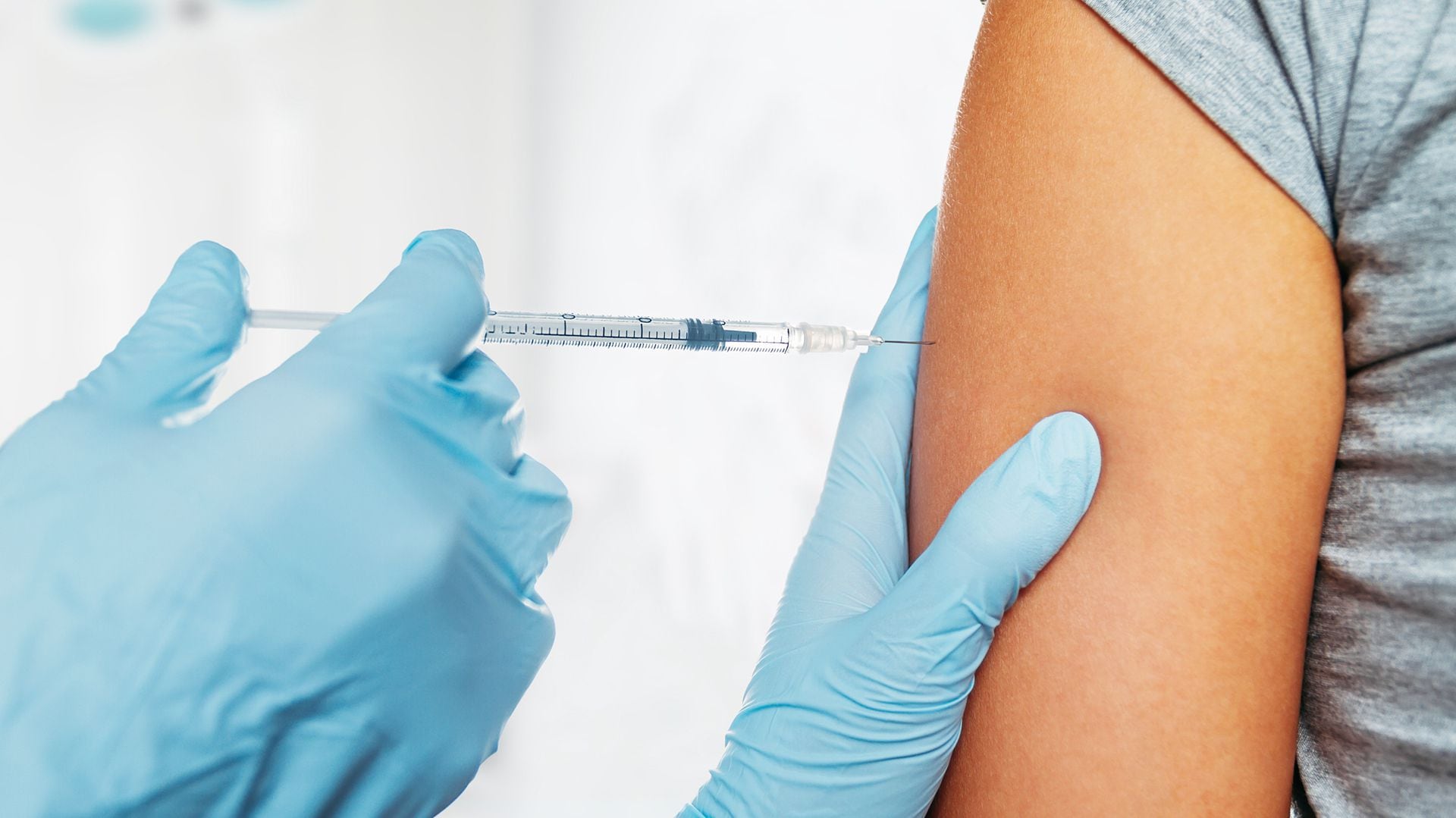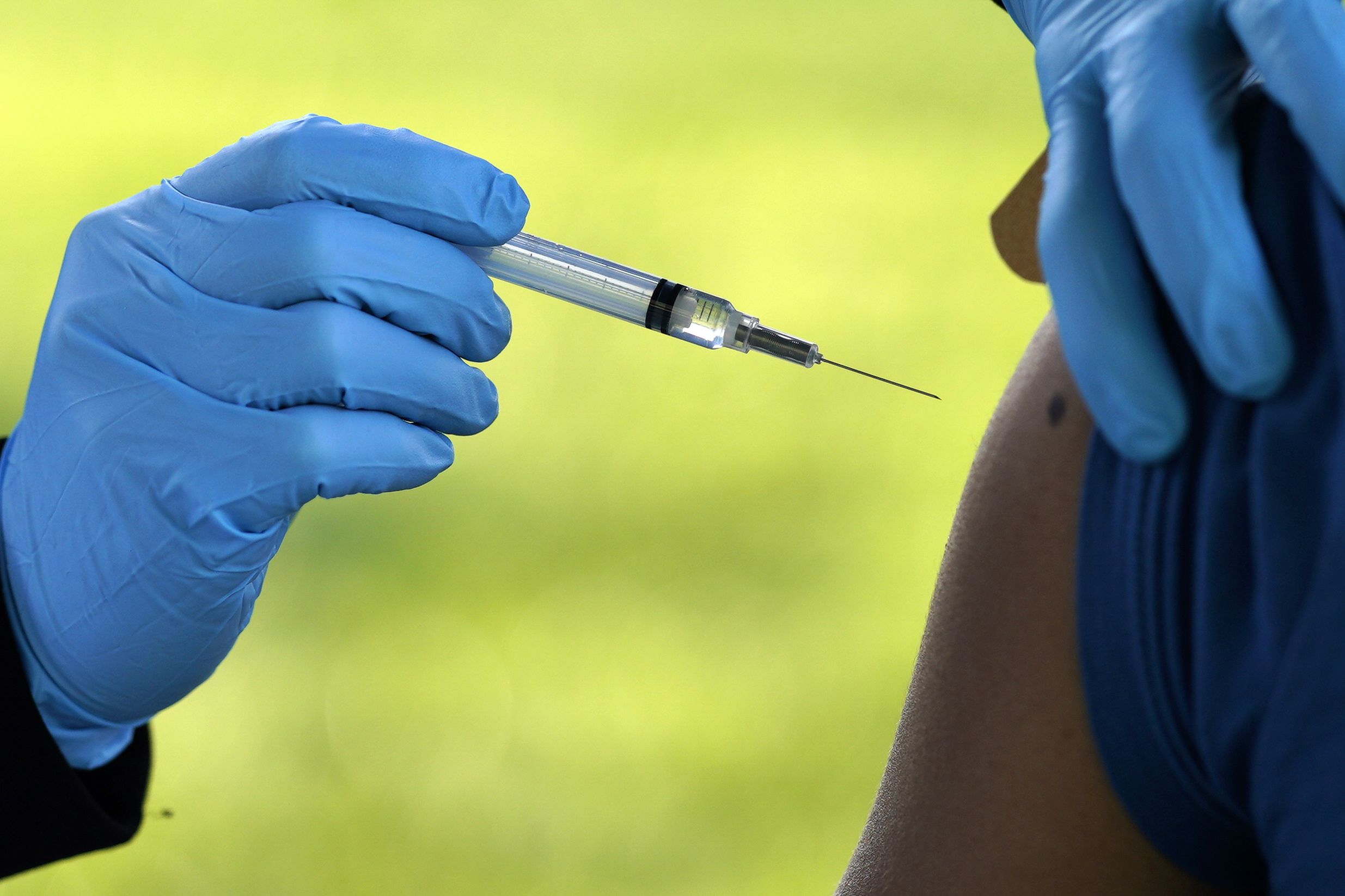
More than two years after the start of the pandemic and more than one year after the first vaccine application, the effectiveness of these immunizations against COVID-19 remains under the analysis of experts. The European Centre for Disease Prevention and Control, a few days ago, determined how effective serums are administered in the old continent. However, this research is not the only one, since constant studies are carried out to evaluate the behavior of these applications.
Today, there are almost a dozen vaccines endorsed around the world. The most widely used are: Pfizer, Moderna, AstraZeneca, Sputnik V, Janssen, Cansino, Sinopharm, and CoronaVac. However, there are a large number of immunizations that are awaiting approval or developing the final stages of human trials.
What is the effectiveness of Janssen
A recent study by Harvard Medical School (Boston, United States) found that the single dose of the Janssen vaccine (AD26.Cov2.s) is 76% effective in preventing COVID-19 infection and 81% in preventing hospitalizations for severe conditions. They also noted that these percentages remain for at least 6 months.

The analysis was carried out between the beginning of March 2020 and the end of August 2021 and involved 422,034 vaccinated people, who were compared with 1,645,397 unimmunized. The study was conducted before the appearance of the Delta variant, during its growth and when it became predominant.
The effectiveness of Pfizer and AstraZeneca evaluated in Europe
The European Centre for Disease Prevention and Control (ECDC) evaluated two vaccines that are widely used in the old continent: Pfizer and AstraZeneca. This is an update by the agency on the effectiveness of immunizations as new variants emerge.
The analysis was carried out health centers in 11 countries: Belgium, Croatia, Czech Republic, France, Greece, Ireland, Luxembourg, Malta, Netherlands, Portugal, Spain. Volunteers were people aged 30 or older and were evaluated during the periods before Delta emerged and when this variant became dominant (January-May 2021 and July-December 2021).

According to them, 14 days after completing the vaccination schedule, the development of Pfizer/BioNTech (Comirnaty) showed effectiveness of 94% prior to the appearance of Delta and 82% when the variant became dominant. Whereas for AstraZeneca (Vaxzevria), before Delta, in people aged 50 to 64 it was 79% and those aged 65 to 79 at 87%.
It is worth noting that a recent study conducted by French researchers and presented at the scientific congress of the European Society of Cardiology assured that vaccination with Pfizer against COVID-19 in people with myocarditis (inflammation in the heart muscle) is not linked to a recurrence of the disease or other conditions similar.
“These results provide reassuring data that can encourage patients with a history of myocarditis to be vaccinated against SARS-CoV-2″, said Iyad Abou Saleh, a specialist at Hospices Civils in Lyon (France) and author of the study. “We presumed that vaccination would not increase the risk of myocarditis recurrence in patients who had the condition in the past,” he added.

Sputnik V, AstraZeneca and Sinopharm under the analysis of an Argentine study
The Argentine Ministry of Health reported the results of a study, which was published in the scientific journal The Lancet, which analyzed the effectiveness of the most widely applied vaccines in the country: Sputnik V, AstraZeneca and Sinopharm.
The analysis was carried out on 1,298,928 volunteers over 60 years of age, during the months of January and September 2021 (before Ómicron). They highlighted that the two doses showed an effectiveness in preventing deaths of 93.1% for Sputnik V; 93.7% for AstraZeneca and 85% for Sinopharm 85%.
CanSino as reinforcement against Ómicron: the results of a Chinese study
A study carried out by the CansinoBio laboratory showed that its immunization (Convidecia), as a heterologous booster (that is, as a complement to two other vaccines from other platforms), either injectable or in its inhaled version, “can induce a stronger immune response than injections of inactivated recombinant protein'.

“The neutralizing antibody response generated by the CanSino Inhalable vaccine booster against Ómicron is 14.1 times greater than, for example, that of the Sinovac booster and twice as high as the same injection of CanSino intramuscular,” the document was released after a study, of which 904 volunteers were vaccinated, 6 months earlier, with two doses of inactivated vaccines.
Vaccines and infection: high effectiveness
Developed in 121 sentinel pharmacies, a study on the Safety and Seroprevalence of COVID-19 vaccines in Castilla y León, which was presented at the headquarters of the General Council of Pharmaceutical Colleges, assured that the combination of vaccines and COVID-19 infection raises the level of antibodies.
Conducted between July and December 2021, the analysis noted that, of 4,000 participants among vaccinated and unvaccinated, more than 80% of all immunized patients who had previously been infected with COVID-19 generated antibodies. In the case of Moderna, which obtained the highest level, it reached 100%; while with AstraZeneca it was 98.4%, with Pfizer it was 97%, and with Janssen it was 81.8%.
KEEP READING:
Últimas Noticias
Debanhi Escobar: they secured the motel where she was found lifeless in a cistern
Members of the Specialized Prosecutor's Office in Nuevo León secured the Nueva Castilla Motel as part of the investigations into the case

The oldest person in the world died at the age of 119
Kane Tanaka lived in Japan. She was born six months earlier than George Orwell, the same year that the Wright brothers first flew, and Marie Curie became the first woman to win a Nobel Prize

Macabre find in CDMX: they left a body bagged and tied in a taxi
The body was left in the back seats of the car. It was covered with black bags and tied with industrial tape
The eagles of America will face Manchester City in a duel of legends. Here are the details
The top Mexican football champion will play a match with Pep Guardiola's squad in the Lone Star Cup

Why is it good to bring dogs out to know the world when they are puppies
A so-called protection against the spread of diseases threatens the integral development of dogs




